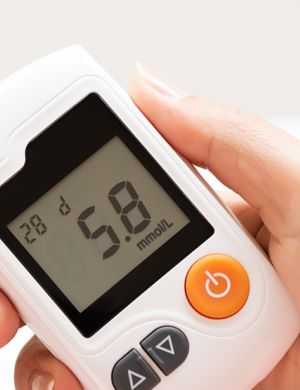
ICH E6 Good Clinical Practice Principles
The ICH E6 Good Clinical Practice (GCP) Guideline is widely used by clinical trial researchers across the globe and has significant influence on research participants and patients. Recognizing its broad impact, the ICH Management Committee has released a draft version of the updated ICH E6(R3) principles currently under development by the Expert Working Group (EWG). These principles are interconnected and should be reviewed collectively to ensure ethical conduct, participant protection, and reliable clinical trial results.
Clinical trials are essential to evaluating new and existing medicines. Well‑designed and well‑conducted studies answer critical healthcare questions, supporting evidence-based decisions. Poorly designed or executed trials risk participant safety, may yield unreliable results, and can lead to unnecessary use of resources.
The GCP principles are intended to remain flexible and applicable across a wide range of clinical trial types. Alongside ICH E8, they encourage thoughtful and structured planning to address the specific characteristics of each trial, including design elements, the investigational product, the target medical condition, participant characteristics, trial setting, and the nature of data collected. Ensuring quality requires careful evaluation of all relevant factors.
Modern digital health technologies offer opportunities to enhance trial design and execution. When appropriately integrated into healthcare systems, these tools enable the use of diverse data sources and support approaches that reflect current scientific and technological advancements. Their use should always align with trial design requirements and participant needs.
Engaging patients, clinicians, and other stakeholders in trial planning can increase the relevance and feasibility of studies. Their perspectives support the development of meaningful outcomes, reduce participant burden, and enhance inclusion of diverse populations. Overall, clinical trials should prioritize participant rights, safety, and well‑being while ensuring the integrity of results. Trial processes should be proportionate to associated risks and the importance of collected data, avoiding unnecessary complexity.
The following overarching principles provide a flexible framework for clinical trial conduct throughout the trial lifecycle. They apply to all trials involving human participants, whether healthy volunteers or patients. The principles operate together to support ethical conduct and reliable results.
- Clinical trials must be conducted in accordance with ethical principles originating from the Declaration of Helsinki and consistent with GCP and applicable regulatory requirements.
- Trials should be designed and conducted to safeguard participants’ rights, safety, and well‑being.
- Informed consent is essential. Participation must be voluntary and based on clear, comprehensive information.
- Trials should undergo objective review by an institutional review board (IRB) or independent ethics committee (IEC).
- Trials must be scientifically sound and based on current and robust scientific knowledge.
- Clinical trials must be designed and conducted by appropriately qualified individuals.
- Quality should be built into clinical trial design and operations from the outset.
- Trial processes and measures should be proportionate to participant risks and to the importance and reliability of trial results.
- Clinical trials must be described through a clear, concise, and operationally feasible protocol.
- Trials should generate reliable, credible results.
- Roles, tasks, and responsibilities in a trial must be clearly defined and appropriately documented.
- Investigational products should be manufactured according to applicable Good Manufacturing Practice (GMP) standards and stored, shipped, and handled according to product specifications and the protocol.
Don’t miss out! Click here to stay in touch.
Categories
- Biopharma (58)
- Consumer Health (21)
- Cosmetics (11)
- Diagnostics (5)
- Digital Health (8)
- Food (2)
- Medical Device (112)
- OTC (5)
- Regulatory Intelligence (13)
- Standards (41)
Recent Blogs
Get the latest updates from Vistaar

CONNECT WITH US

Let's talk about how Vistaar can help you



